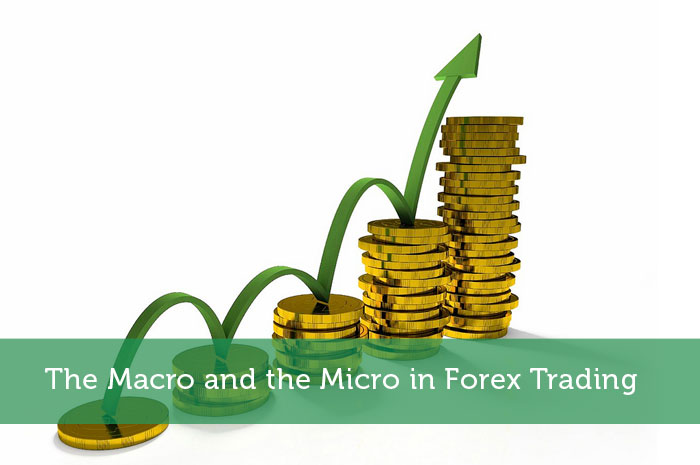The term “Forex” gets thrown around a lot on finance blogs like this one. But usually, when people talk about Forex, they’re talking about a teeny tiny aspect of a much larger whole. I’m going to explain what Forex is on the macro level, as well as how you can get involved and make a little profit of your own on the micro-level.
This explanation is a drop in the bucket. For a more exhaustive understanding of all aspects of Forex, check out Investopedia’s installments on the subject.
Forex stands for “Foreign Exchange”, and refers to the buying and selling of international currencies. This is actually the world’s biggest industry. Think about it, if you are an American importer of oil, you can’t just send your dollars to Saudi Arabia. Instead, you must first trade these for Saudi riyal at the present exchange rate.
This exchange rate changes all the time, so if, moments after the transaction is complete, the dollar drops in value and the riyal rises, the seller ended up with a better end of the deal than the buyer. These kinds of exchanges are happening constantly, on the international level and on the individual level.
If you are on vacation in France, you’ve got to trade dollars for euros to get into the Eiffel Tower. These trades, big and small, are going on all the time, but without any centralized market.
Recommended Forex Posts:
Nations and huge institutions trade currencies on a mammoth scale, in anticipation of events that will change the value of these currencies in their favor, to hedge, and to accomplish other complex financial ends. This is called the Spot Market of Forex trading and involves the actual dollars and cents being traded.
This differs from the Futures market, where traders are buying a contract to specific currency behavior, essential speculating or betting on whether the underlying currency will fall or rise in value, without actually owning that money.
Futures trading has a place on the international scale, but on the internet, this is what people mean when they’re talking about Forex, generally. As an individual, you can get on board, trading the underlying asset value of currencies against certain odds, called leverage.
Forex futures trading is inherently speculative by nature. There are myriad factors that go into the flighty value of all international currencies. It is hard, well-nigh impossible, to anticipate with any certainty what any one currency is going to do at a given moment. But good Forex traders nonetheless make it happen, at least often enough to run a tidy profit.
Because winning on high leverage points generates high yields, these big wins can offset losses, meaning that Forex’s success isn’t as simple as guessing “heads or tails” more than 50% of the time. Forex is more art than science. It takes experience, high risk tolerance, and luck. But there are those who master this form of investment and have made it a career, or at least a side hustle.
If you are interested, you can learn how to trade Forex through many sources. Take note of regulations in your region/country. When you get the hang of it, you can actually make a decent amount. I’m interested to hear about your Forex experiences, so feel free to let me know how it goes for you in the comments.
Exclusive Bonus: Before investing in forex check out our report on 70+ forex brokers. Find out which brokers you need to avoid. Receive our exclusive report for free today.





